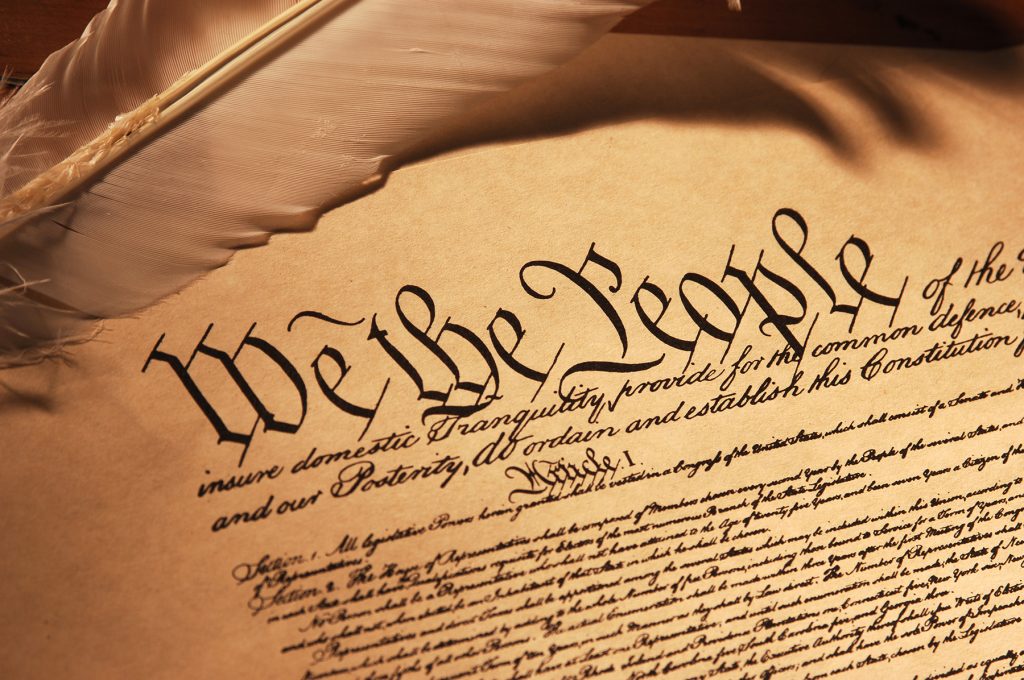
President Donald J. Trump will almost certainly be impeached by the United States House of Representatives before the next election.
Evidence that the President demanded foreign interference against a political opponent in exchange for financial support is clear.
According to the White House rough transcript of the phone call Ukraine President Volodymyr Zelenskyy told Trump “we are almost ready to buy more Javelins (missiles) from the United States.”
Trump responds, “I would like you to do us a favor though…” and asks the Ukraianian leader if he would look into both the 2016 election hacking and his 2020 election rival, former Vice President Joe Biden.
The President went on to say, “The other thing, There’s a lot of talk about Biden’s son, that Eiden (former Ukrainian Vice President) stopped the prosecution and a lot of people want to find out about that so whatever you can do with the Attorney General [William Barr] would be great.”
According to witnesses, $391 million dollars in security assistance had been approved by Congress to help Ukraine combat Russian aggression but President Trump prevented Ukraine from receiving the money until President Zelensky agreed to his demands.
Treason, Bribery, or Other High Crimes and Misdemeanors
While the Constitution limits grounds for impeachment to “treason, bribery, or other high crimes and misdemeanors” the exact meaning of these terms was left intentionally vague by the founders.
As Alexander Hamilton described it, impeachable offenses needed to include the wide array of “the misconduct of public men, or in other words from the abuse of violation of some public trust.”
Republicans argue that President Trump’s conversation did not meet the legal definition of a quid pro quo — that Ukraine didn’t know why the U.S. aid was stalled.
The use of the term “quid pro quo” may ultimately serve as a distraction, in much the same way the President’s use of “collusion” was used during the Muller Investigation.
Although recent testimony from Gordon Sondland, United States Ambassador, makes it clear that Ukraine knew the money was being withheld until they returned the favor. Despite this and other building evidence, it may not matter.
As Ellen Weintraub, chairwoman of the FEC put it, “Let me make something 100% clear to the American public and anyone running for public office: It is illegal for any person to solicit, accept, or receive anything of value from a foreign national in connection with a U.S. election. This is not a novel concept.”
A Violation of Trust
Impeachment is a political process — it is not a legal process. Impeachment is not limited to specific crimes. In any event, the Department of Justice has already made clear they won’t criminally prosecute President Trump while he is still in office.
However, impeachment is similar to an indictment under criminal law. It is essentially a summary of charges brought against an official.
Only two other presidents have been formally impeached by Congress — Andrew Johnson and Bill Clinton. Richard Nixon, arguably one of the most corrupt Presidents in history, resigned in disgrace before impeachment hearings took place.
With a President who has lied more than 13,000 times while in office and an administration that’s already seen five key advisers convicted of crimes since the 2016 election, the evidence of corruption is clear. Still, public opinion remains split with respect to Trump.
While the majority of Americans currently support impeaching Donald Trump that number may shift as the House begins to hold public impeachment hearings next week.



Great story.
I’ve read two stories, Blue Meanie’s and one in the link at the bottom, about whether Trump can run again, even if he’s ousted.
Under the Constitution he can, but how is he gonna get the Republican nomination in 2020, if he loses 75 percent of the Senate vote representing their voters>
https://www.ajc.com/news/national/could-trump-impeached-and-removed-from-office-then-run-again-for-reelection/bl1tTKI0yZ5ElthFGslmhI